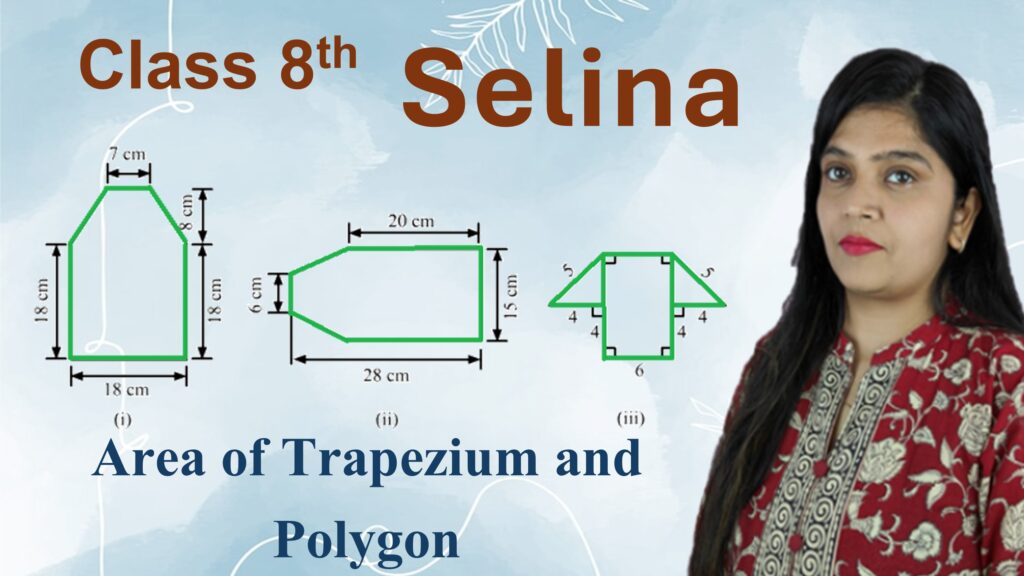Exercise: 4-D
Assertion – Reason Based Questions
Q1: Assertion (A): The 5-digit number 82592 is divisible by 4 since 92 is divisible by 4.
Reason (R): A 5-digit number abcde is divisible by 4 if de is divisible by 4.
Step 1: Apply the divisibility rule of 4.
A number is divisible by 4 if the last **two digits** are divisible by 4.
Step 2: Check the number 82592.
→ Last two digits = 92
→ 92 ÷ 4 = 23 ✅ (No remainder)
→ So, 82592 is divisible by 4 ⇒ Assertion (A) is TRUE
Step 3: Analyze the Reason (R).
→ Reason says: Any 5-digit number \(abcde\) is divisible by 4 if the last two digits \(de\) are divisible by 4
→ This is the **correct divisibility rule** for 4 ✅
→ Reason (R) is also TRUE
Step 4: Does the reason correctly explain the assertion?
→ Yes, because the divisibility of 82592 is **justified directly** using the divisibility rule mentioned in the reason.
Answer: a. Both Assertion (A) and Reason (R) are true and Reason (R) is the correct explanation of Assertion (A).
Q2: Assertion (A): The number 7N+1 will leave remainder 1, when divided by 7.
Reason (R): A number divisible by both 2 and 7 is also divisible by 14.
Step 1: Analyze Assertion (A):
Let’s take \(7N + 1\).
→ Since \(7N\) is divisible by 7 (because 7 × any integer = multiple of 7),
→ Adding 1 to it will make it leave a remainder of **1** when divided by 7.
So, Assertion (A) is TRUE ✅
Step 2: Analyze Reason (R):
→ A number divisible by **both 2 and 7** is also divisible by their LCM.
→ LCM(2, 7) = 14
So yes, the statement is **correct**.
Reason (R) is also TRUE ✅
Step 3: Does the Reason (R) explain Assertion (A)?
→ No, Reason talks about divisibility by 14, but Assertion talks about a remainder when dividing by 7.
→ These are **unrelated** concepts.
Answer: b. Both Assertion (A) and Reason (R) are true and Reason (R) is not the correct explanation of Assertion (A).






Leave a Comment